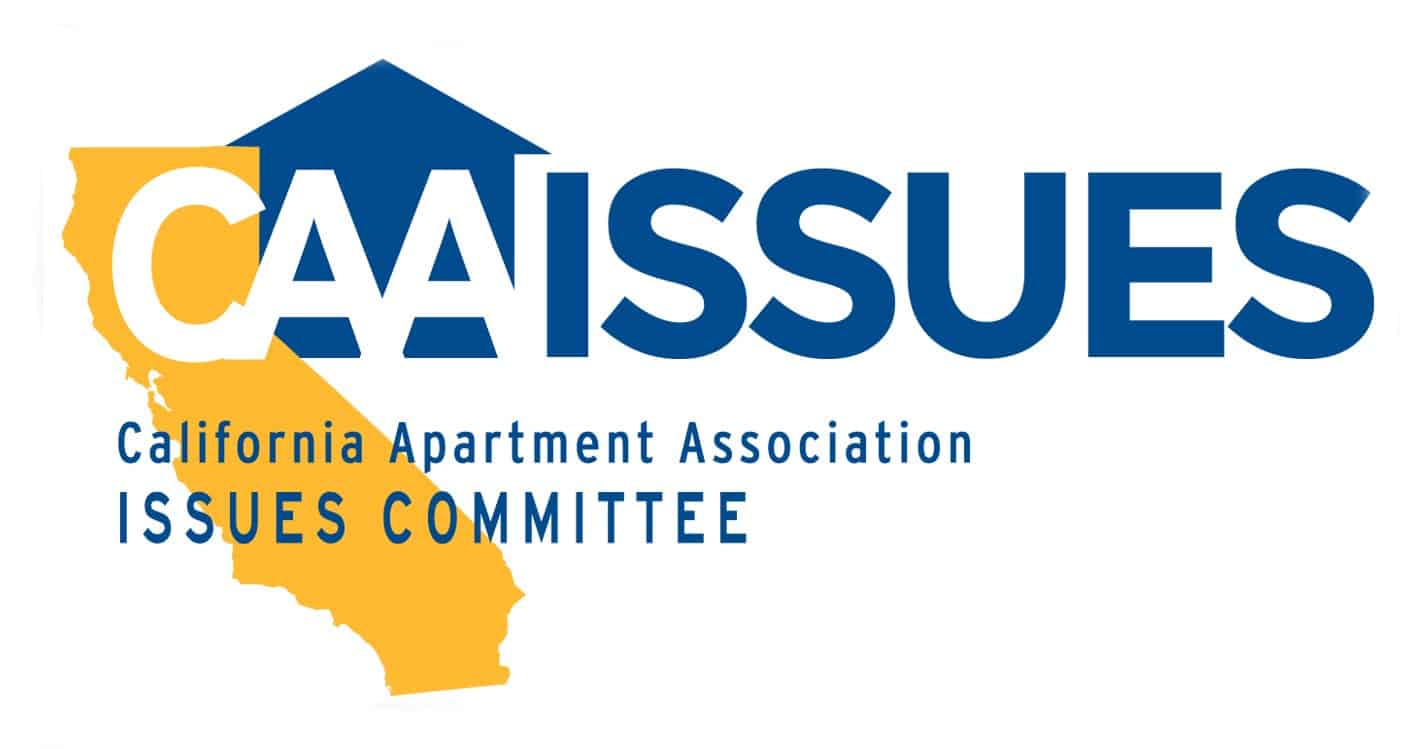The Palo Alto City Council has given its blessing to several negative rental housing proposals, however, the California Apartment Association prevented some of the worst ideas from advancing.
On Monday, Nov. 29, the council concluded its discussion on potential renter protections and provided city staff direction on several proposals, such as enforcing existing laws, expanding eviction controls and relocation assistance, and tightening limits on security deposits.
In the weeks leading up to Monday’s meeting, CAA and its members have emailed council members and testified at council meetings about the burdensome and unnecessary proposals under consideration, as state law already provides robust protections to renters through AB 1482, which was adopted in 2019. Moreover, Palo Alto requires every renter be offered a 12-month lease and an opportunity to attend mediation to resolve many landlord-tenant disputes.
The grassroots advocacy effort wasn’t for naught. While the council voted 4-3 to develop a just-cause-for-eviction ordinance, the local legislation is expected to mostly mirror the eviction restrictions in existing state law: AB 1482. At CAA’s insistence, the ordinance will maintain AB 1482’s exemption of single-family homes and owner-occupied duplexes. The council also kept the law’s requirement of one year’s residency before just cause protections apply. City staff and at least one City Council member wanted the council to apply just cause immediately upon a new tenancy.
Unfortunately, Palo Alto’s anticipated eviction control ordinance is expected to diverge from AB 1482 in one respect – its application to new construction. While state law exempts buildings constructed within the past 15 years, the city’s ordinance will likely expand “just cause” protections to apartments of all ages.
The council also voted 6-1 to have staff do the following:
- Amend the city’s relocation-assistance ordinance so that it applies to buildings of 10 or more units. At present, it applies only to buildings with 50 or more units.
- Develop an ordinance limiting security deposits for unfurnished units to one-and-a-half times current rent — down from two times current rent. CAA’s legal team is investigating whether this move is legal, as state law already has clear guidelines regarding security deposits.
The council also directed its Policy & Services Committee to:
- Review how a rental survey/rent registry would work in Palo Alto, including potential costs, fees and staffing.
- Discuss and evaluate a fair chance ordinance — legislation that generally prohibits the use of criminal background checks in the tenant-screening process. Council members signaled that such a proposal should not proceed without a full discussion and review of potential unintended consequences.
- Evaluate an expansion of the anti-gouging proposal to address loopholes in AB1482.
While no new laws or regulations were adopted, CAA will continue to work with the city and engage CAA members as the individual items come back to the City Council and its policy committees for discussion.
